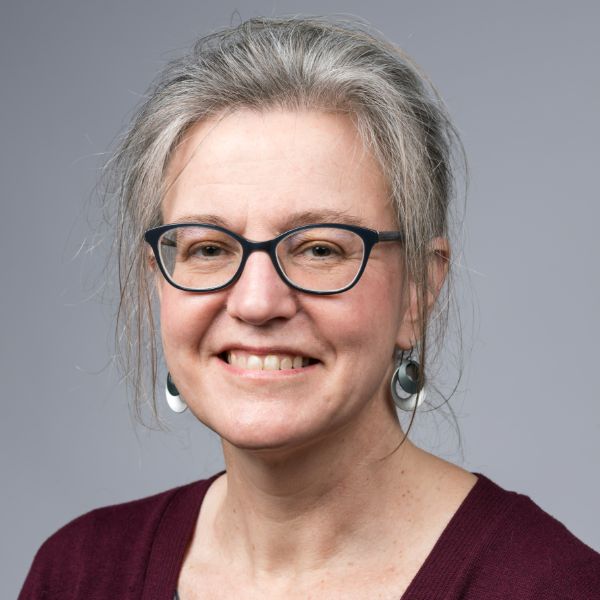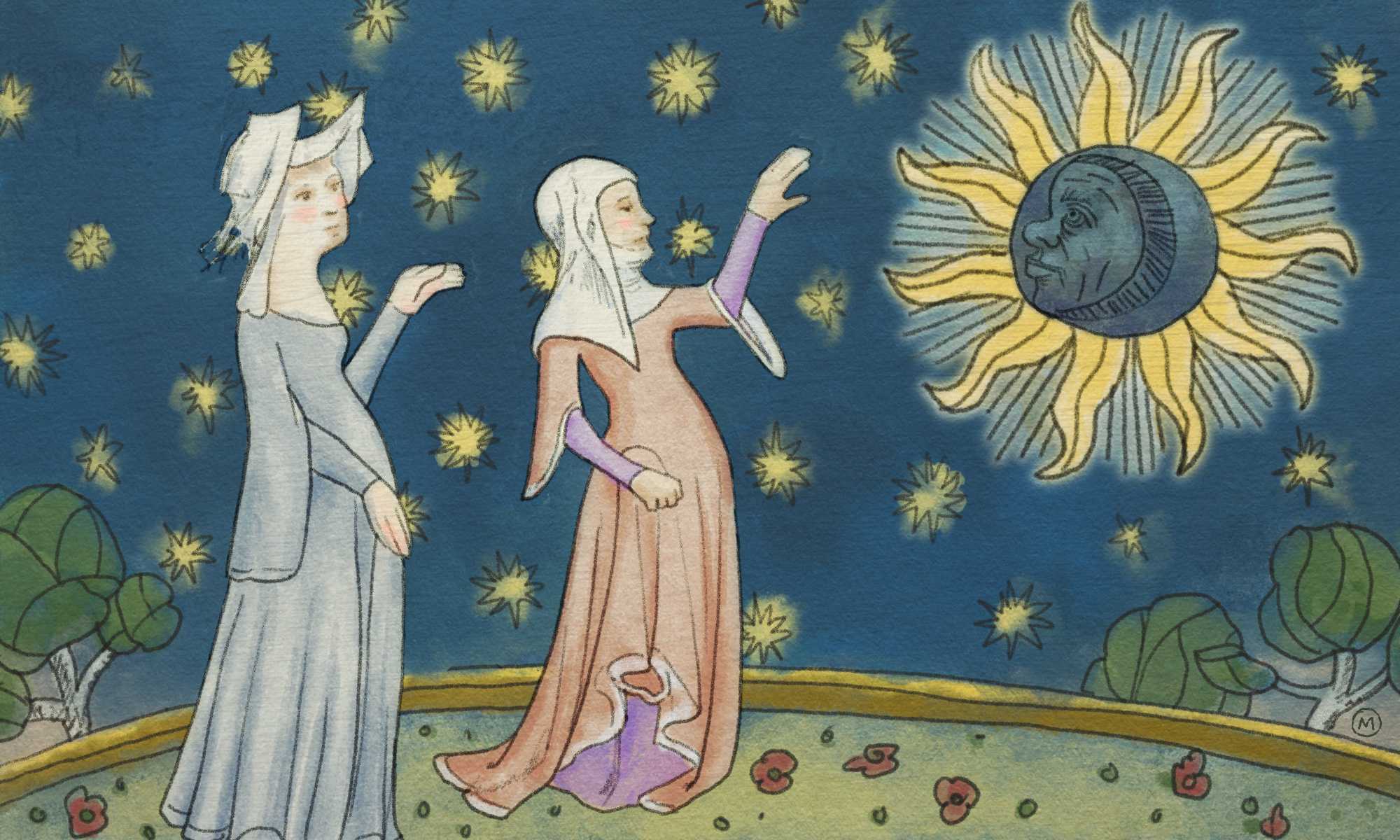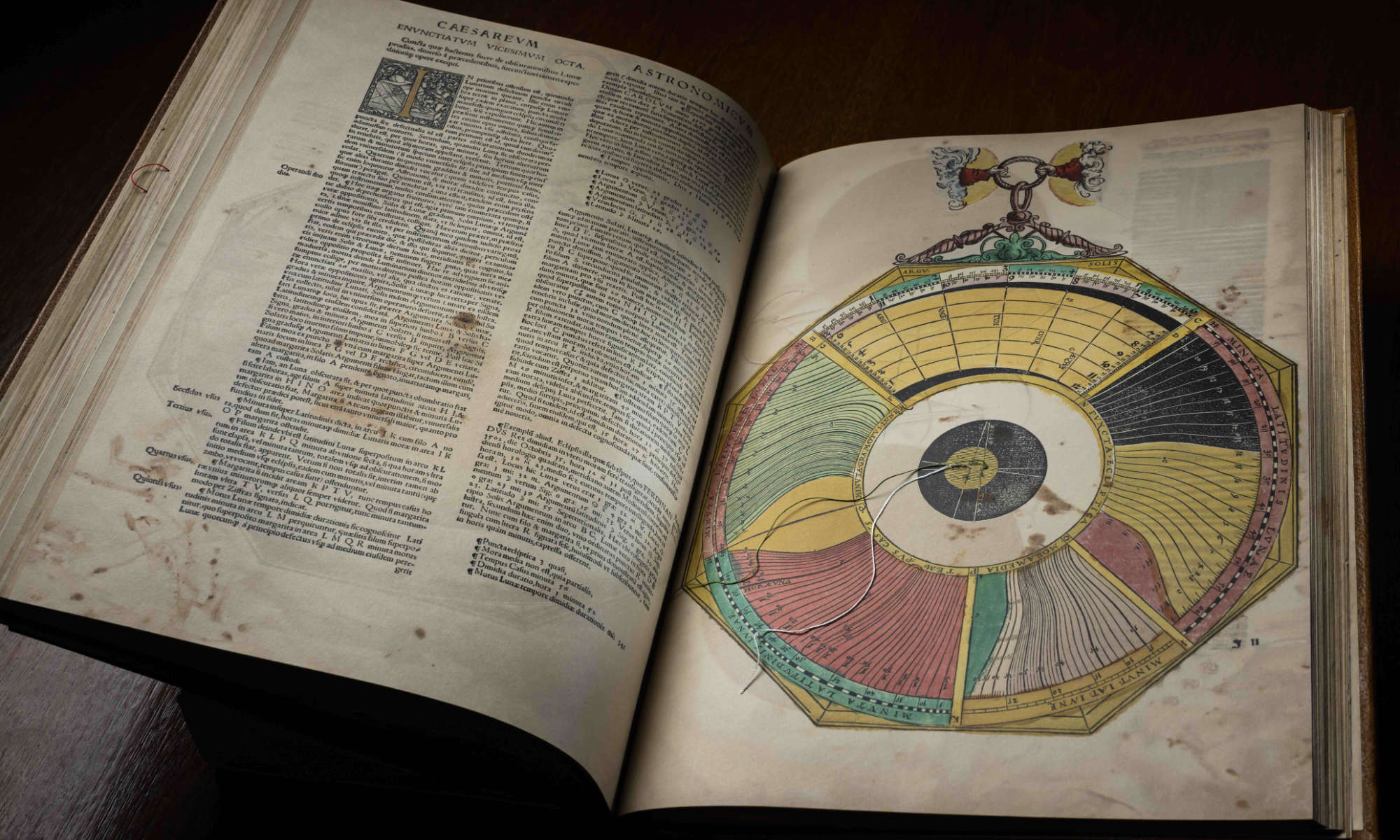“A person lives in his language like a fish in water,” says Latvian writer Inga Ābele. “That’s why authors don’t know that much about their own work—because they live inside it. If an author wants to test the strength of her work—be it a novel, story, or play—it should be translated.”
Ābele’s 2008 novel, High Tide, has been tested multiple times. First translated into Italian and Swedish, in 2013 it was translated into English by Kaija Straumanis ’12 (MA), a graduate of Rochester’s literary translation program and editorial director at the Open Letter Press. Housed in Dewey Hall, Open Letter is one of only a few publishers in the English-speaking world devoted to literature in translation.
In Straumanis’s hands, Ābele’s novel held up extraordinarily well. In December, the American Association of Teachers of Slavic and East European Languages chose Straumanis’s translation, published by Open Letter, over 37 other translated works for the 2015 Best Translation into English award.
Ābele is unrestrained in her admiration for Straumanis’s work. “Kaija isn’t just a translator, [she’s] my coauthor,” she says. “She had her vision of how the text could continue to develop. When we translate, we also edit.”
Straumanis first translated the novel for her master’s thesis. “It’s just a very beautiful book,” she says of the original work. “It’s very poetic in certain ways, without being poetry. There’s a bare bones emotionality to it. It’s spare without being minimalist.”
For Straumanis, translation involves capturing “the structure, the register, and the tonality” of a work. For High Tide, as in all her translations, she strove “to duplicate the experience that you get from reading the original.”
Straumanis was raised in Minnesota by Latvian parents. She grew up bilingual, speaking Latvian at home, and going to Latvian school and summer camp. Latvian culture is “very literary,” she says. Her home was full of novels, books of poetry, and plays. The language itself, she adds, “is very poetic, and it lends itself very well to poetry, song lyrics, literature, and things like that.”
She wasn’t entirely satisfied with the corpus of Latvian literature to which she was exposed in her supplemental schooling. One of the three Baltic republics, Latvia has spent most of its history under Polish, Swedish, Russian, and later, Soviet rule. A history of occupation produced a rich body of nationalistic literature. Even some of the more recent Latvian literature, she says, continues to reflect that past. But not Ābele’s High Tide. “One of the reasons I loved the book so much is that it wasn’t heavy with the post-Soviet sensibility,” she says.
The novel is the story of a woman’s life, told in reverse chronological order. It examines choices and their consequences, allowing readers to see consequences before being introduced to the conditions and choices that produced them.
What makes the work especially challenging for translators is that each chapter is stylistically distinct. One chapter is a dialogue, another a monologue, another a letter, and so forth. “Ābele is also a poet and a playwright, so the book plays with those stylistic genres,” Straumanis says.
Straumanis, who travels to Latvia about once a year, met and came to know Ābele as she was completing work on her translation. “We clicked,” she says of their first meeting. “Now every time I go back to Latvia I go and stay with her and her family.”
Just as Ābele does not have the final, or only, word on her own work, Straumanis knows—or certainly hopes—that her translation won’t be the one and only English rendition. “Fifty years down the line, someone may pick up my translation and say, ‘I think I would do it differently,’ and retranslate it,” she says. “Tastes will differ, language usage in English will differ. The text is a living thing. It moves on, and it moves on from one language to another.”




